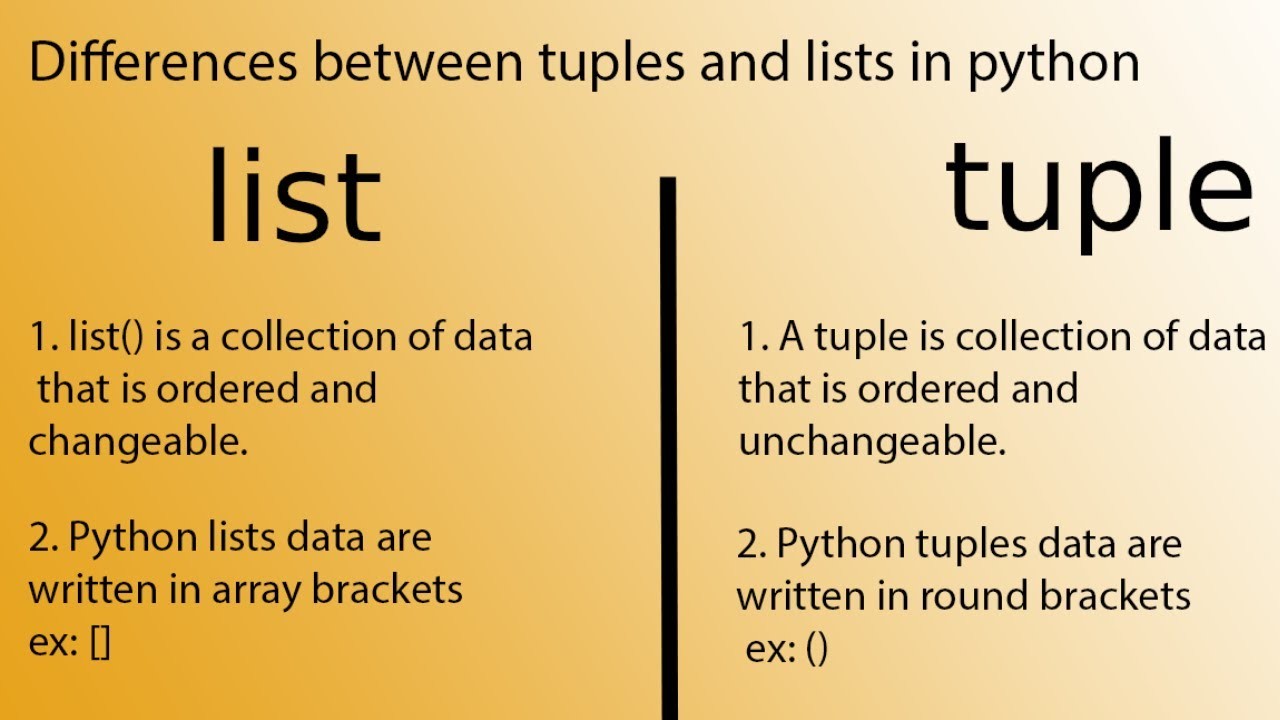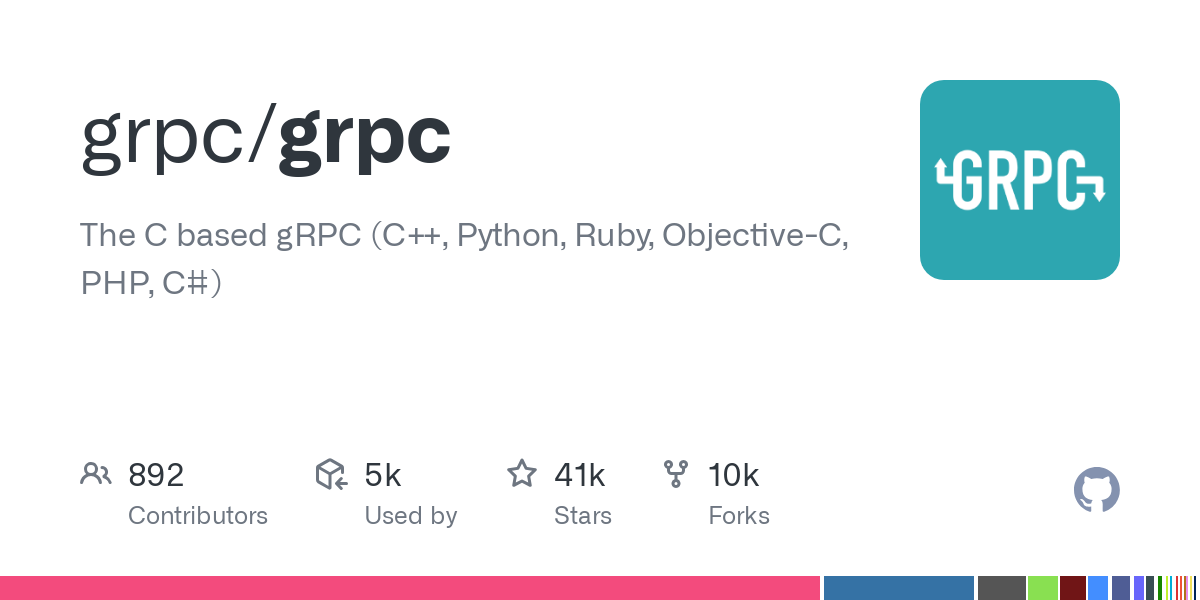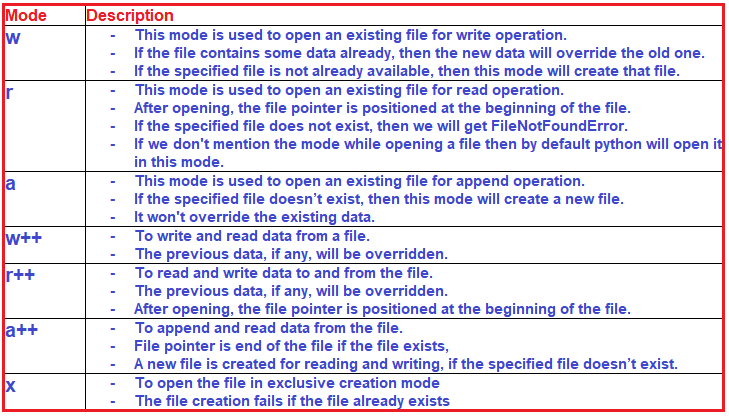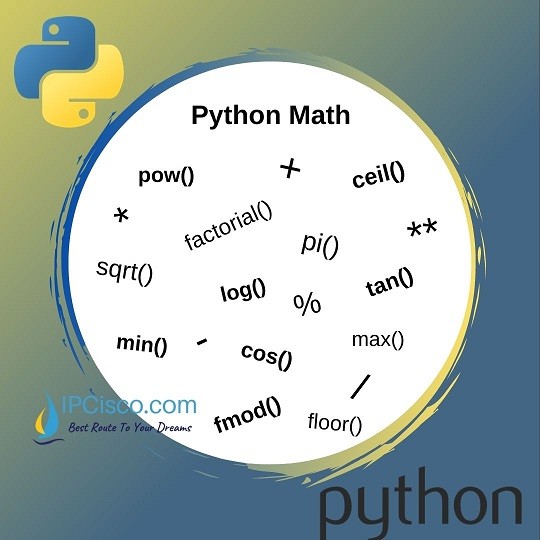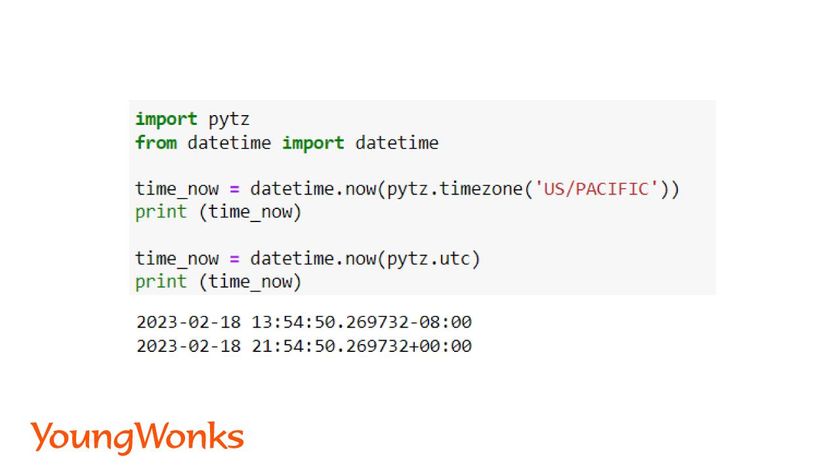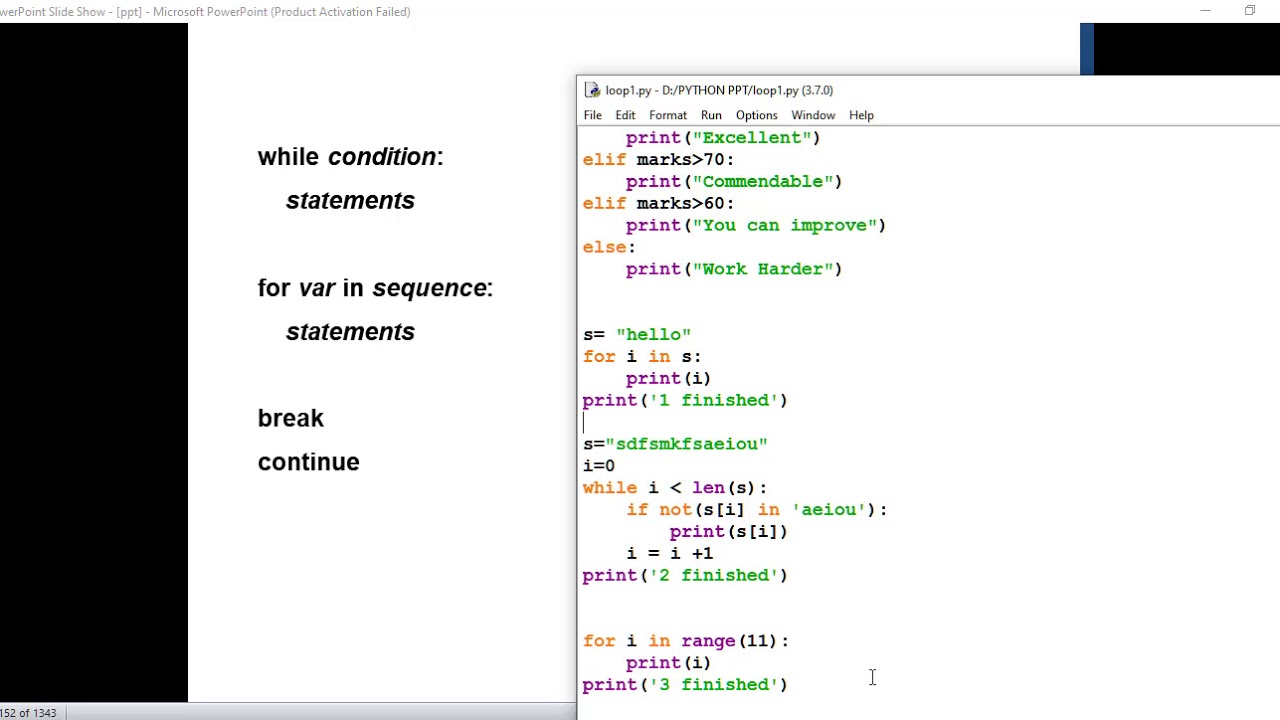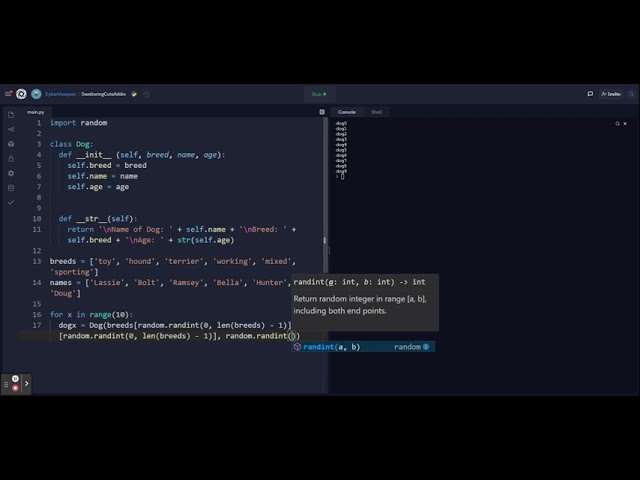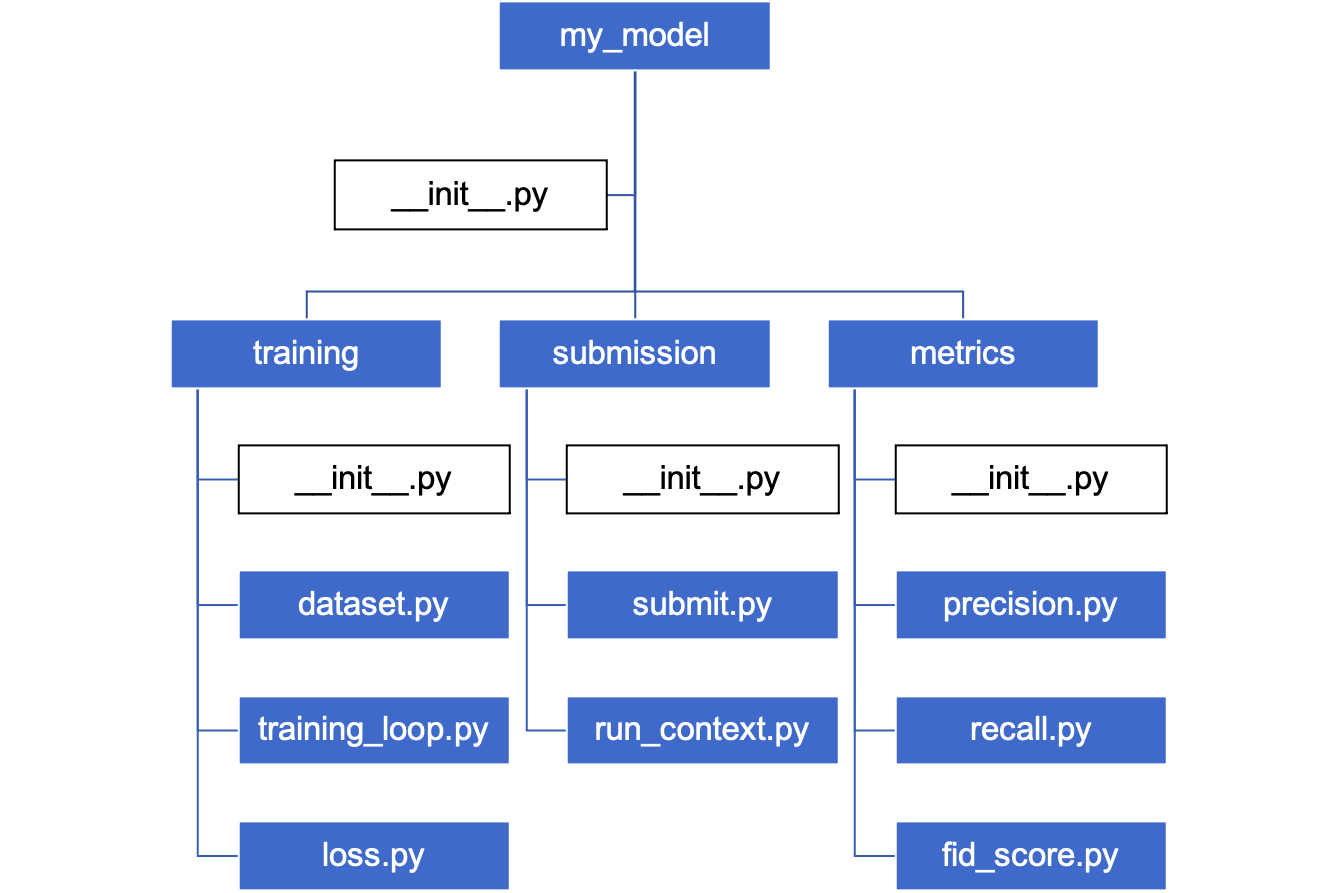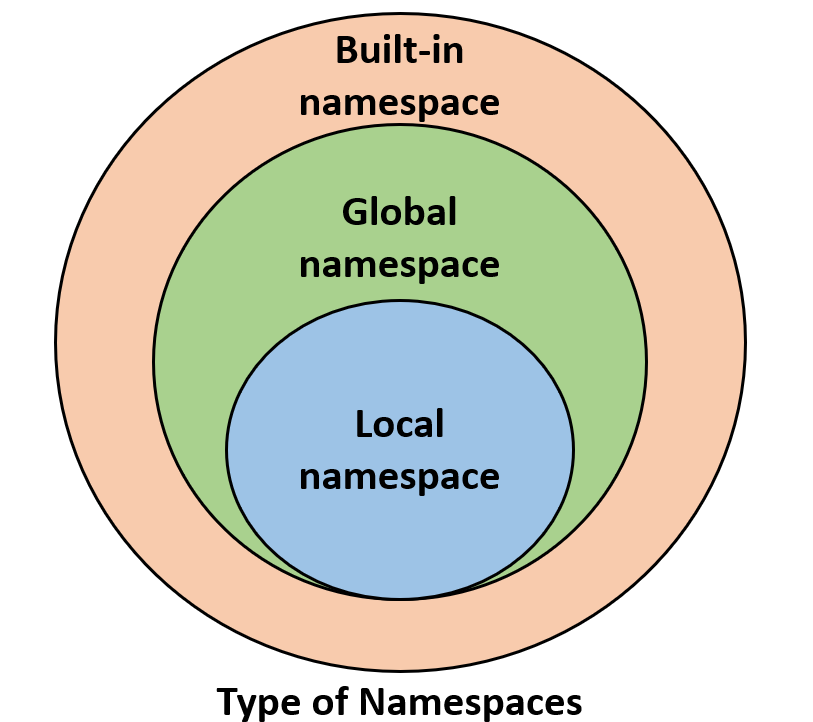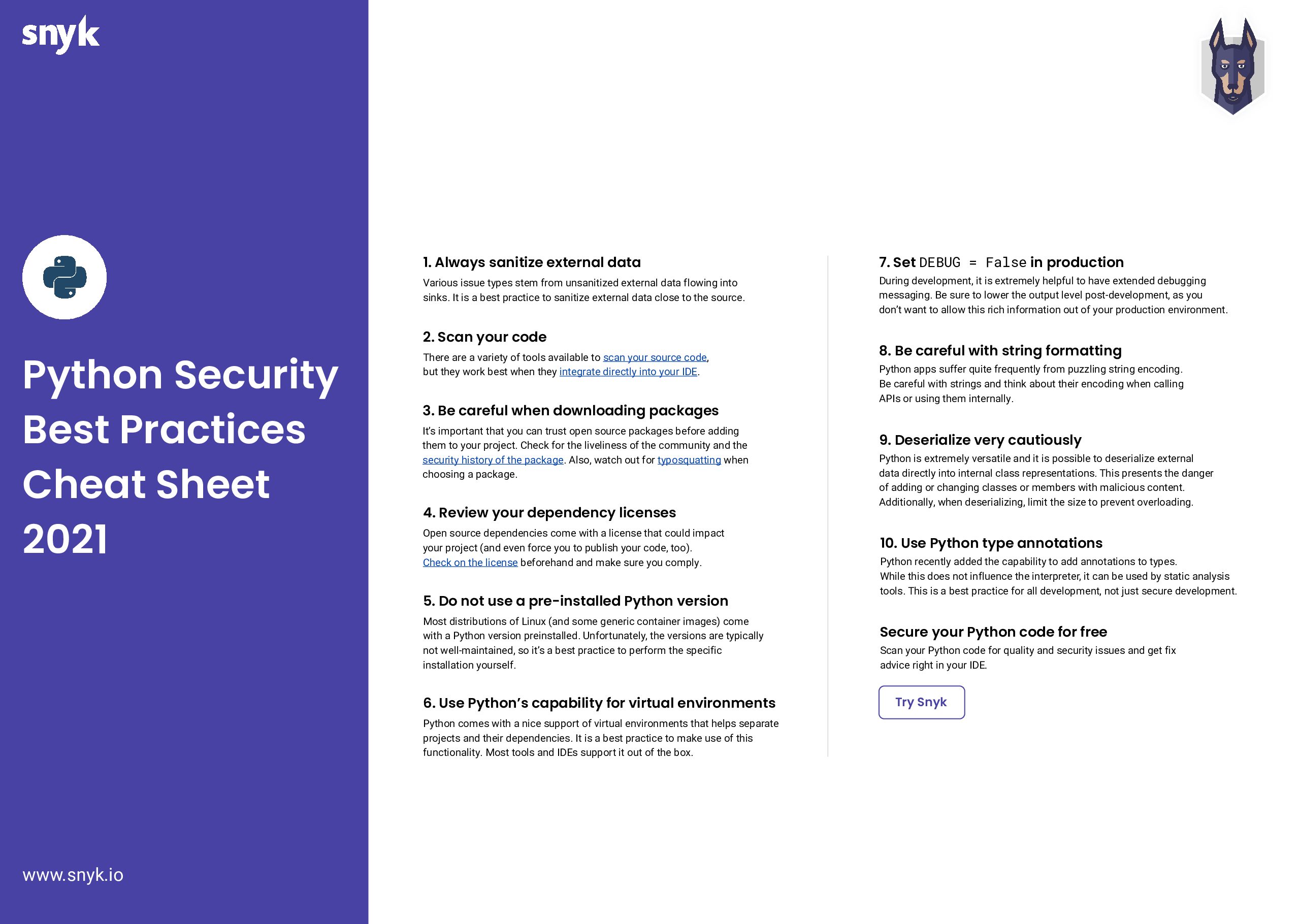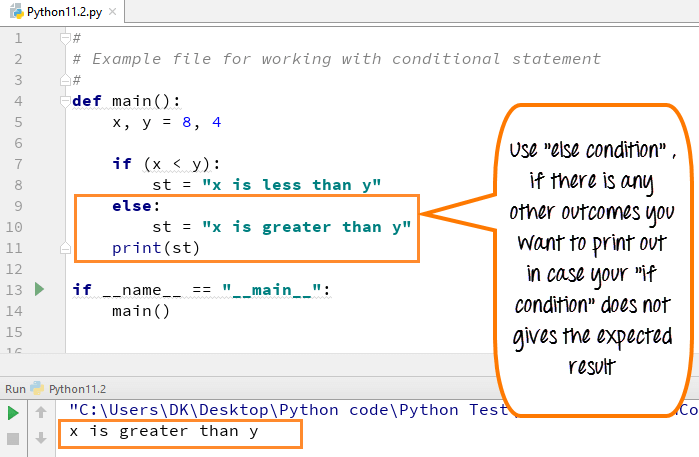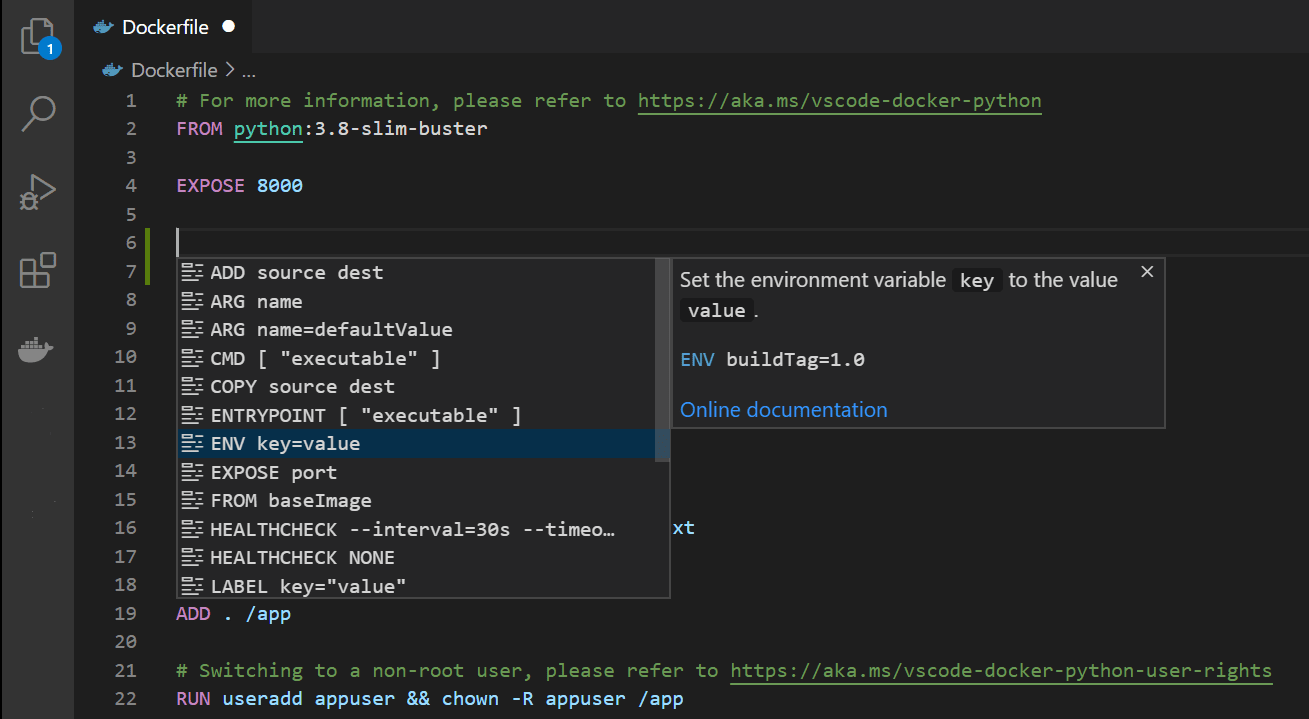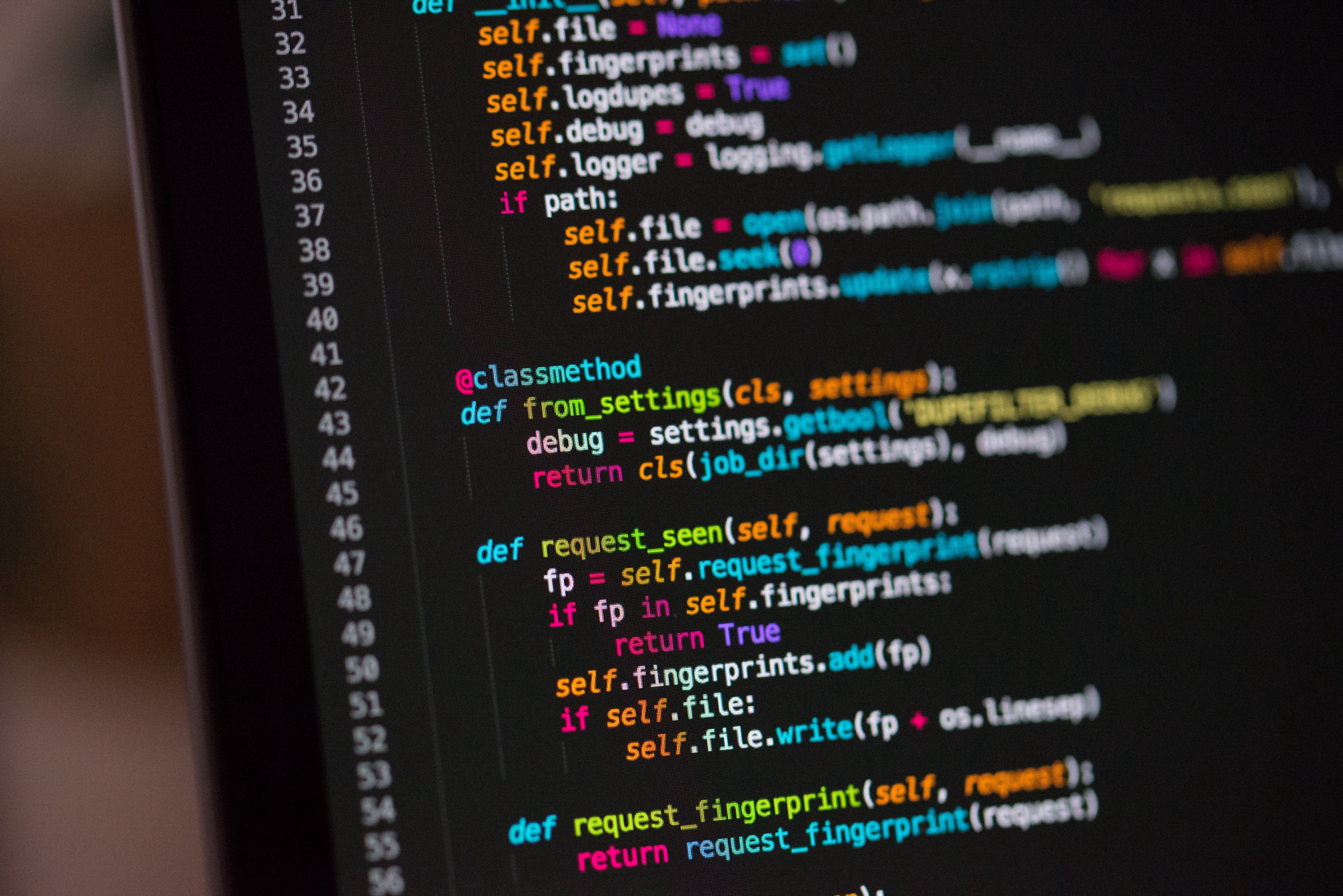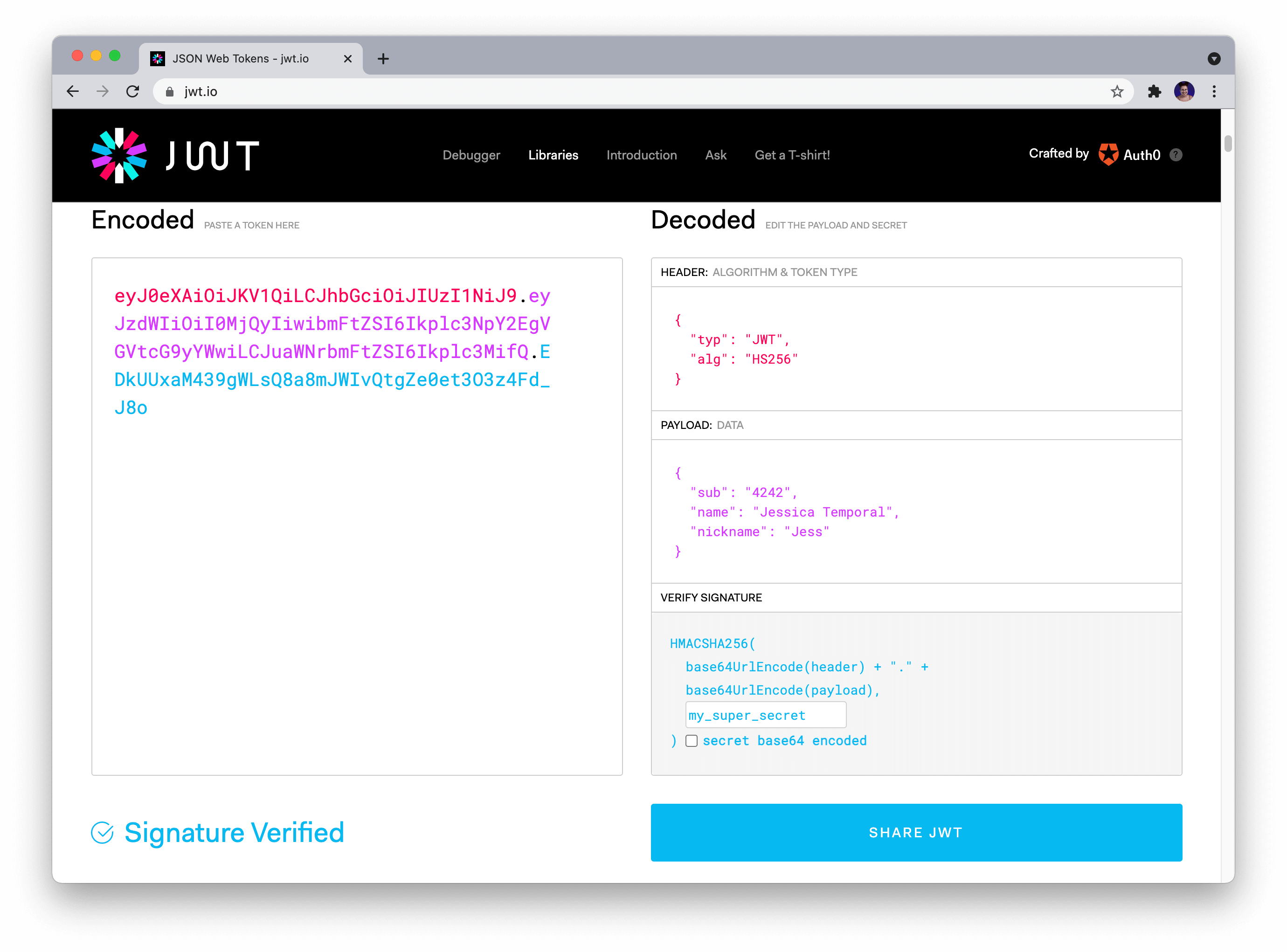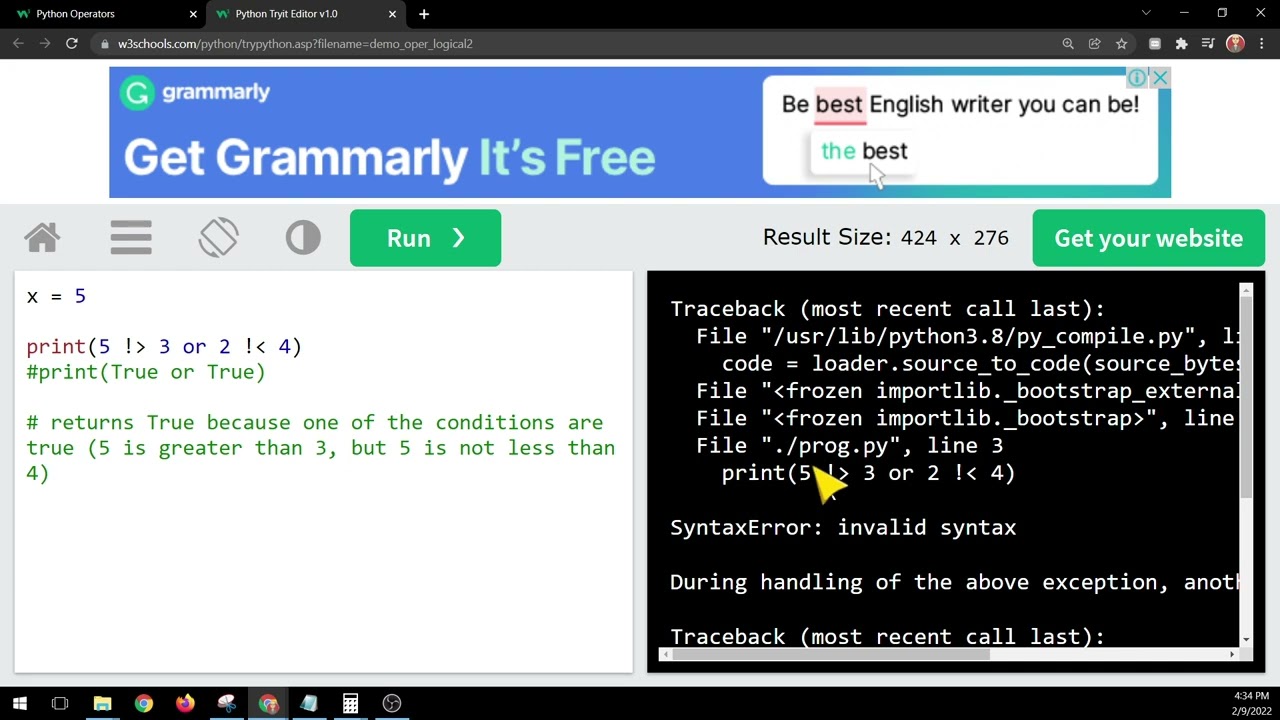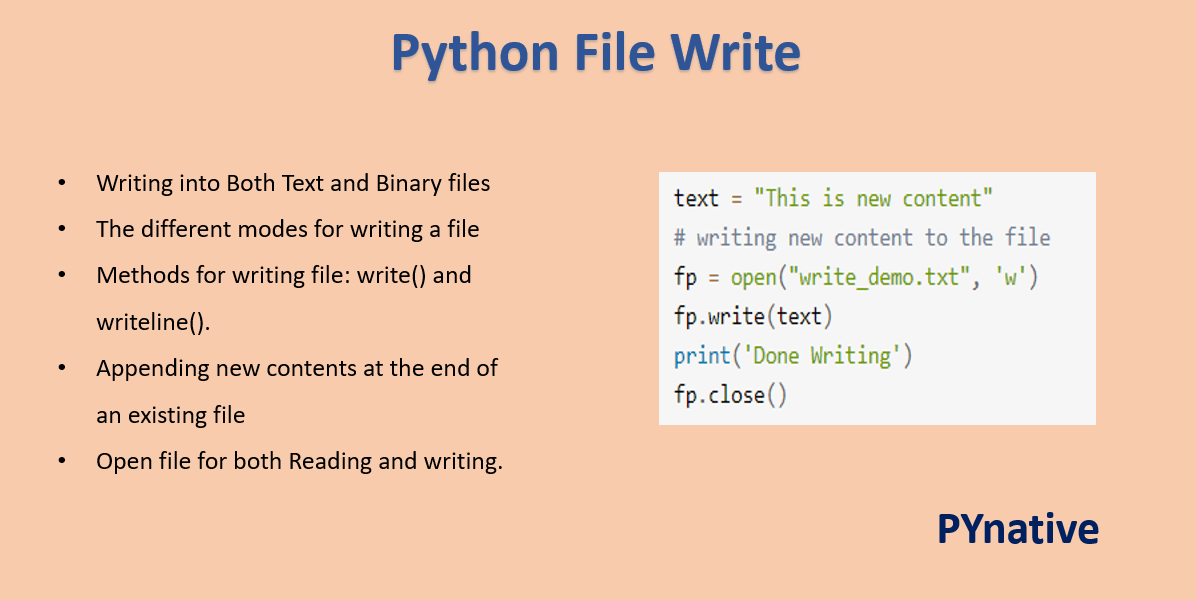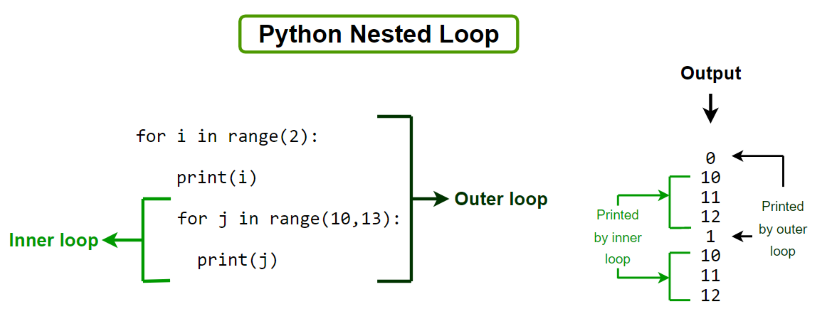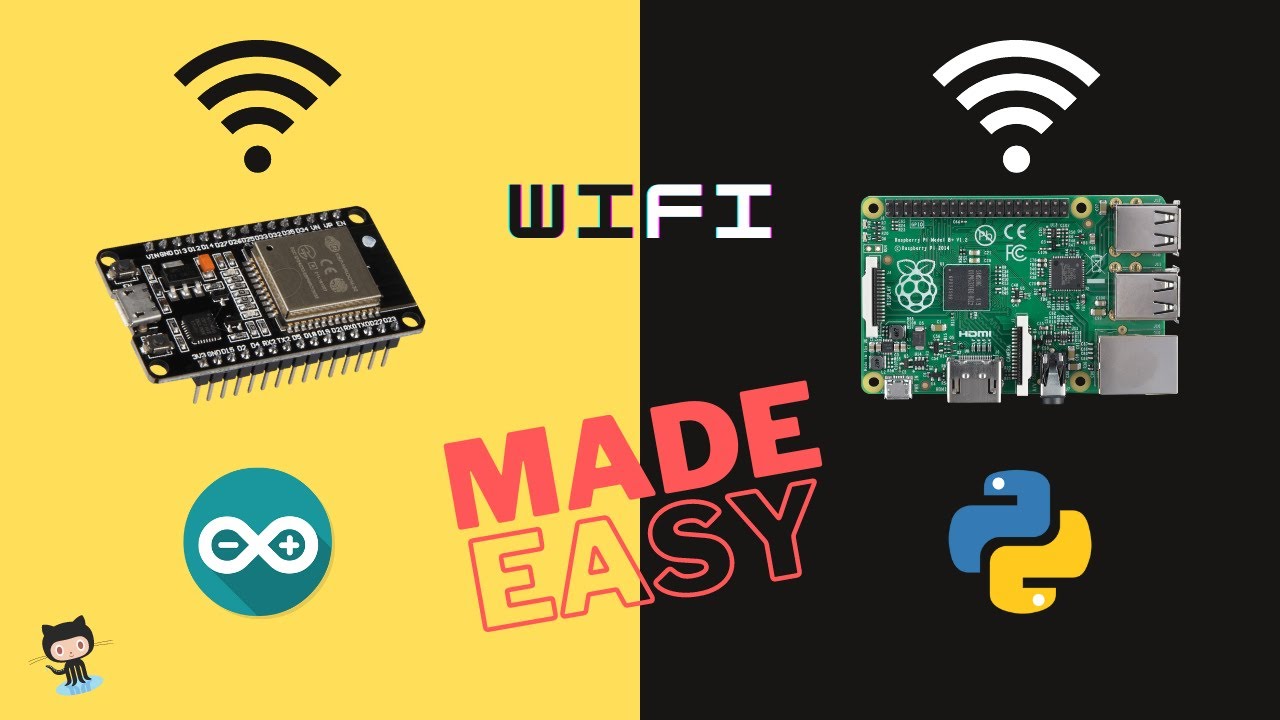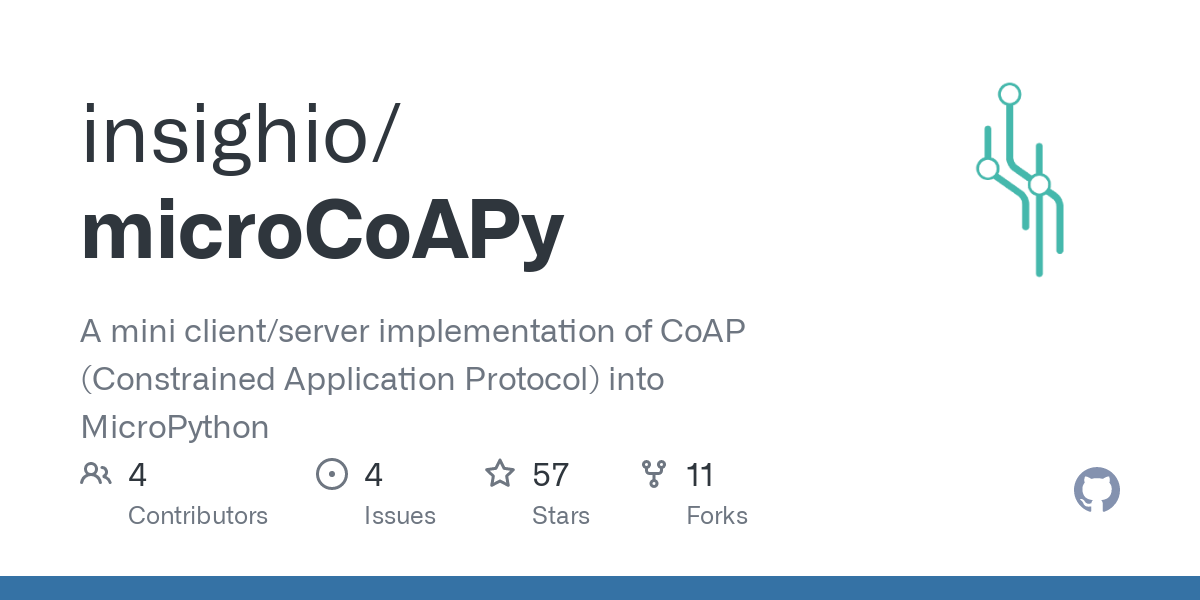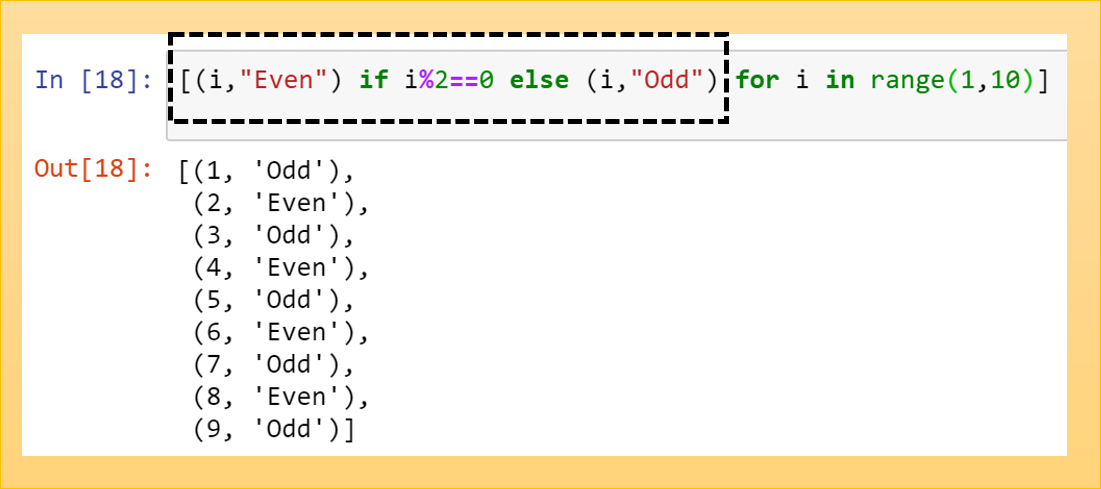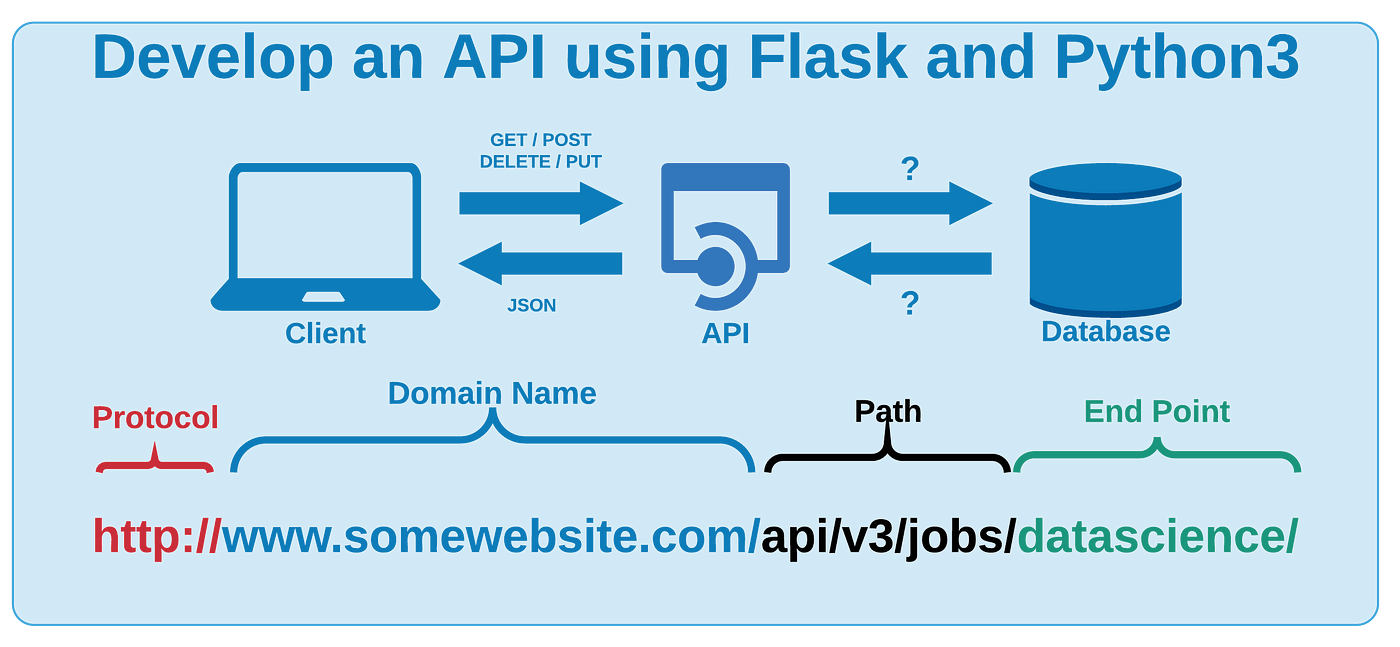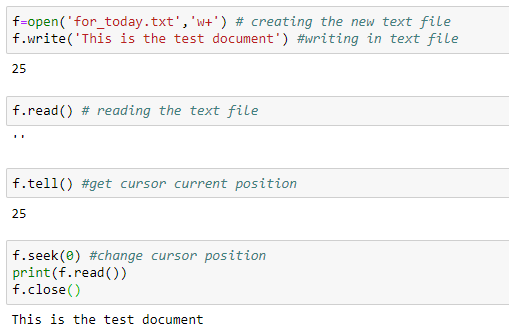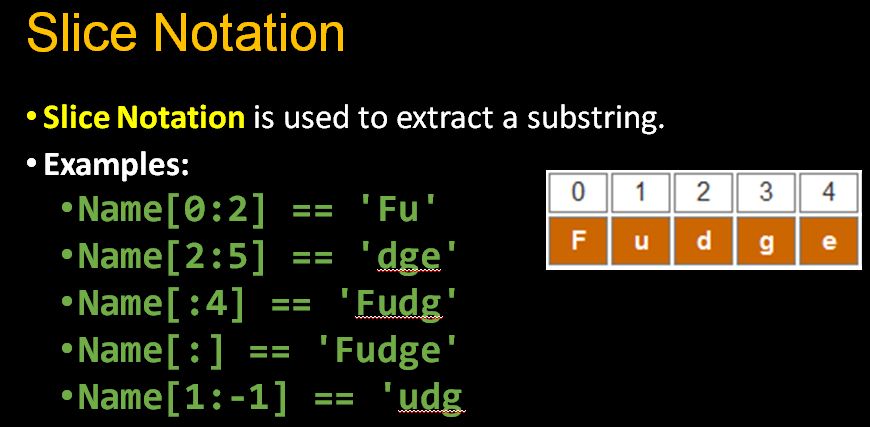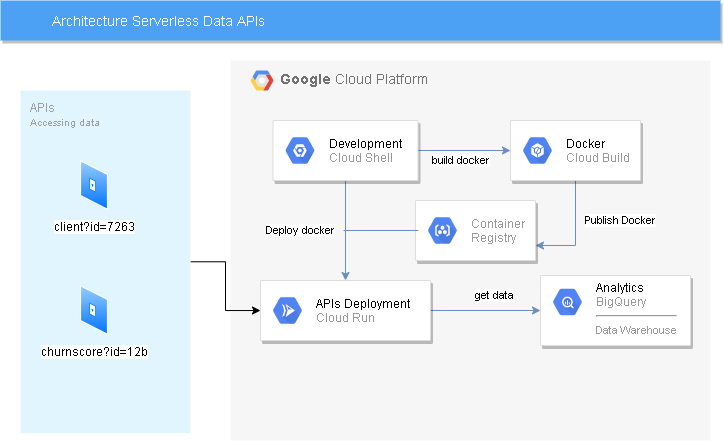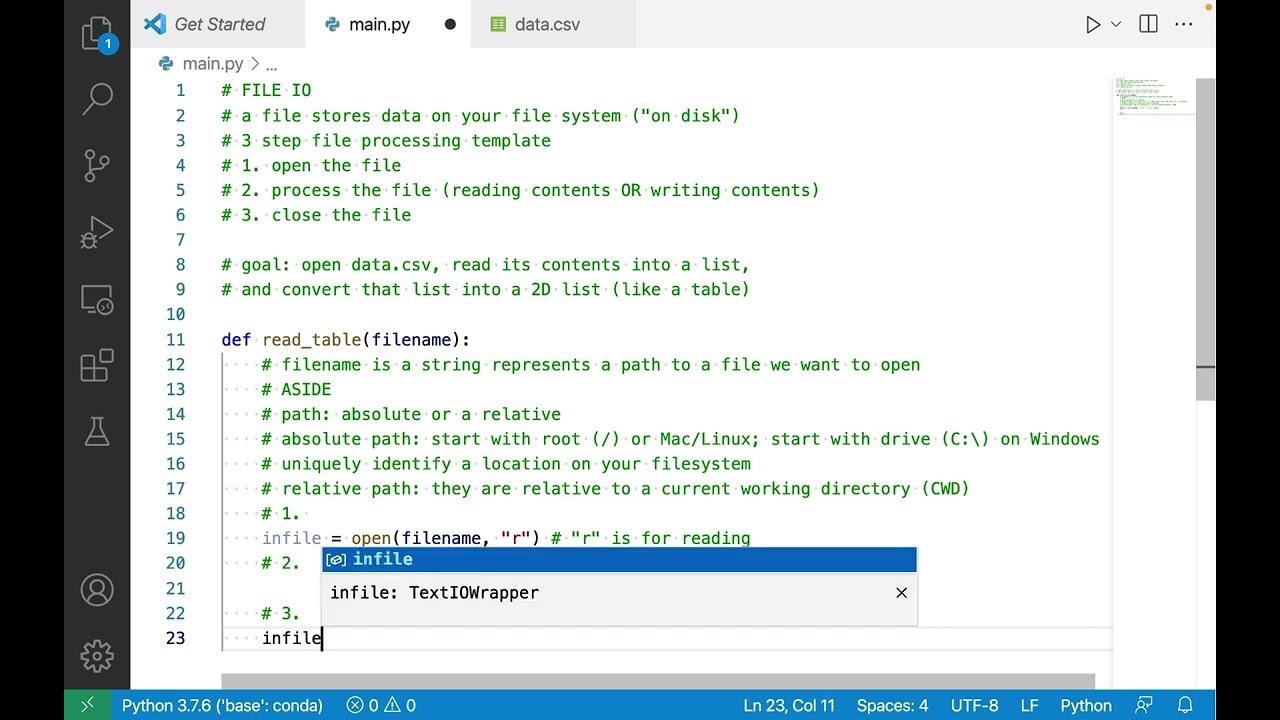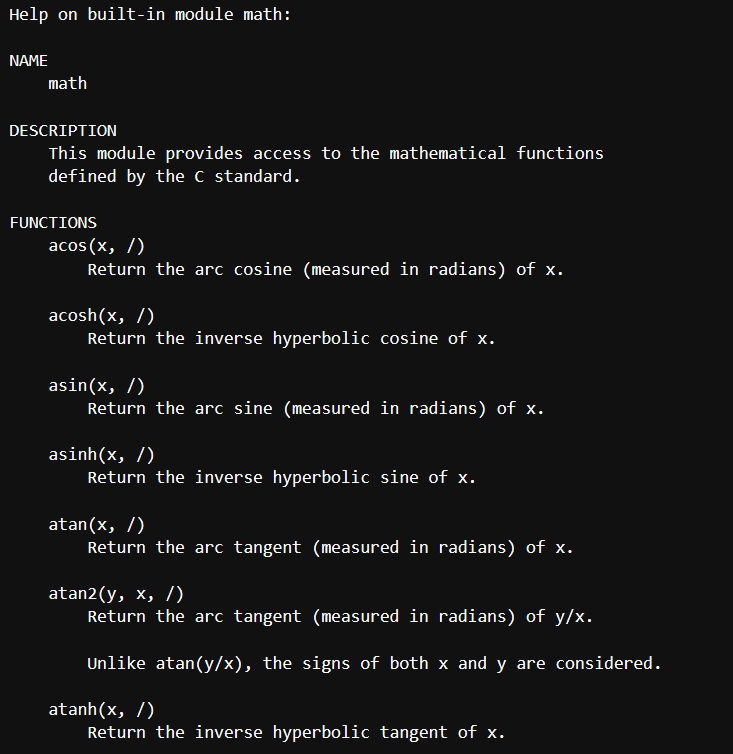How to learn python easily for beginners
How to learn python easily for beginners
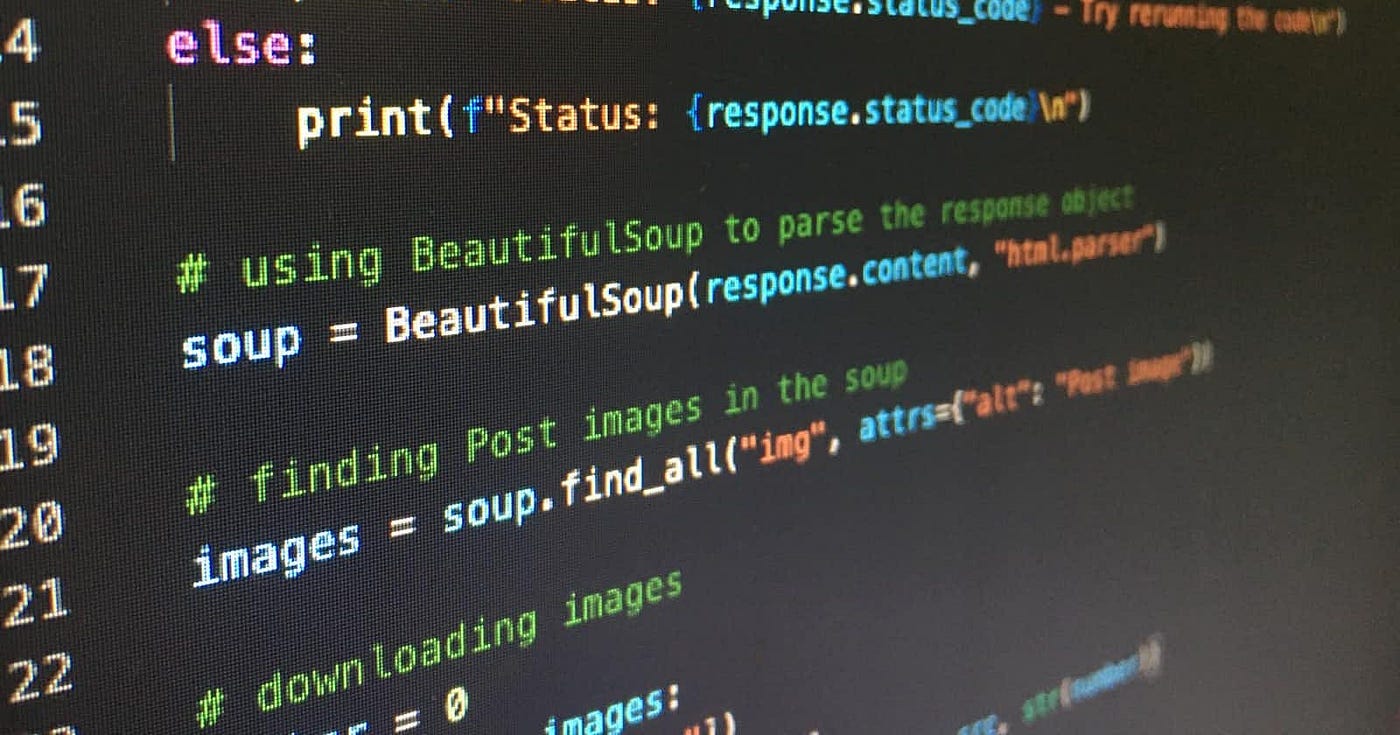
Learning Python can be an enjoyable and rewarding experience for beginners, as it is a versatile language with many real-world applications. Here's a step-by-step guide on how to learn Python easily:
Step 1: Get Familiar with the Basics
Start by understanding the basic syntax of Python, including variables, data types, operators, control structures, functions, and modules. You can find plenty of resources online that explain these concepts in detail.
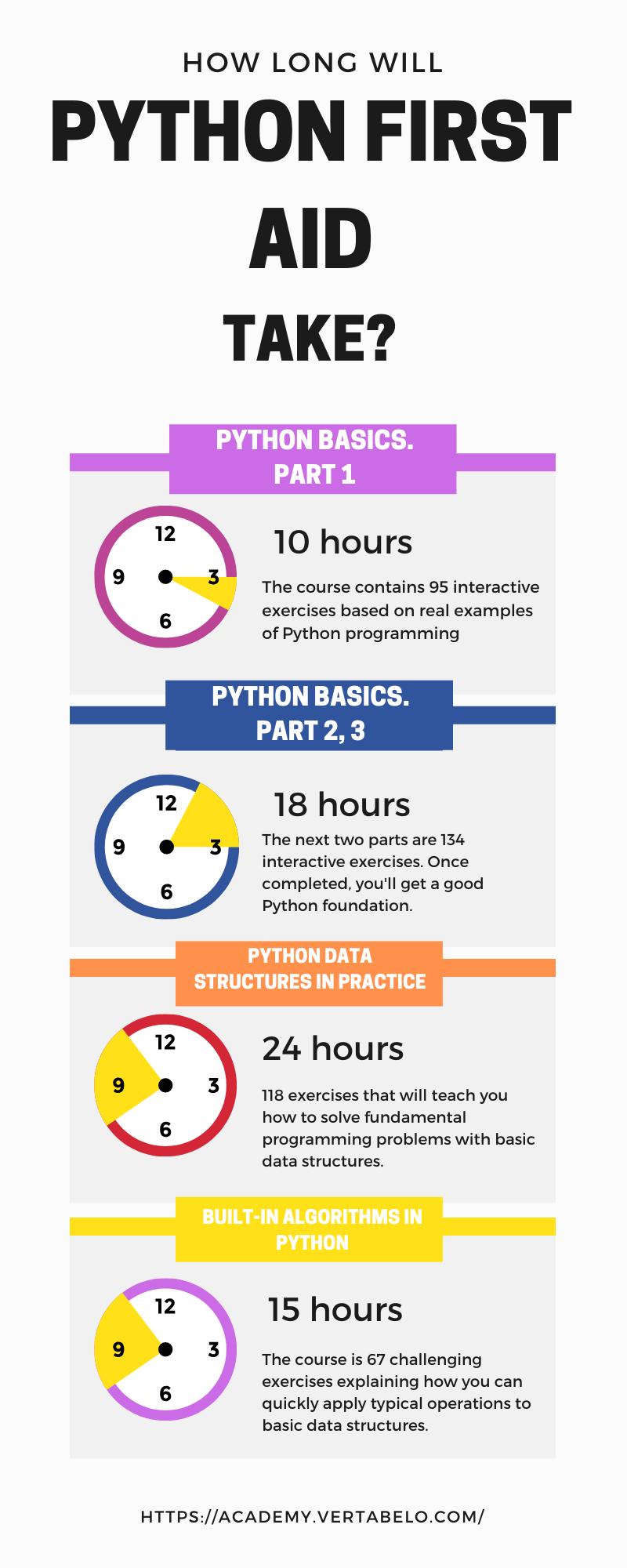
Step 2: Choose a Good Resource to Learn From
There are many excellent resources available to learn Python. Some popular ones include:
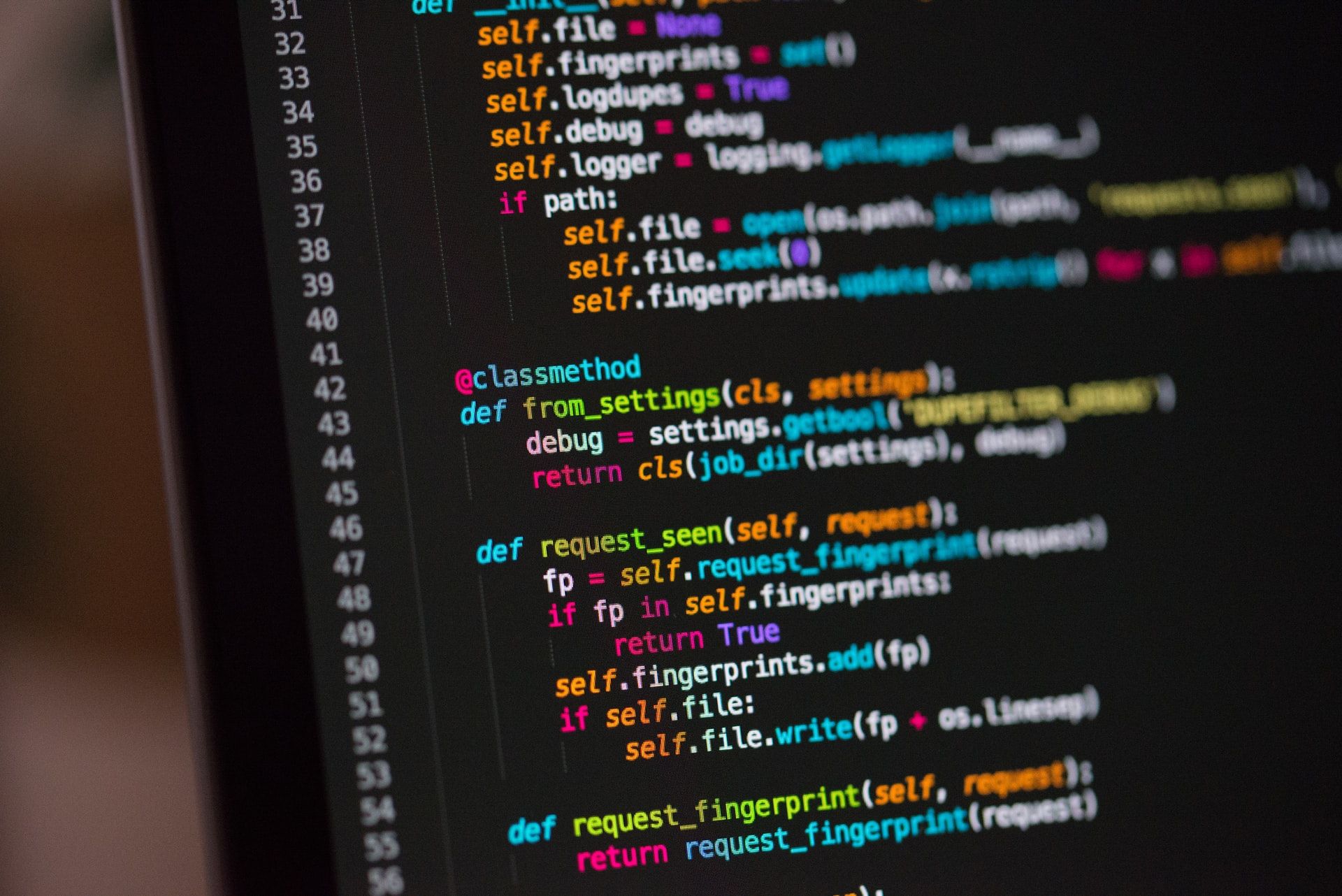
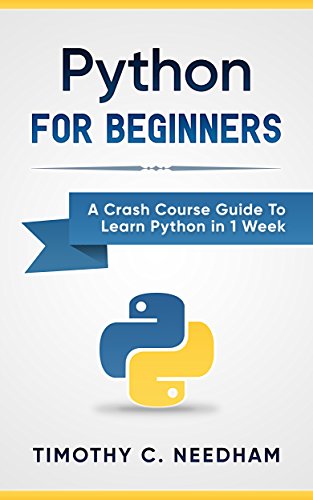
Step 3: Practice with Interactive Editors
Practice coding in interactive editors like:
Python.org's Interpreter: An online environment where you can write and run Python code directly. Jupyter Notebook: A web-based environment for data exploration, visualizations, and more. PyCharm's Educational Edition: A free IDE that provides code completion, debugging, and project management.Step 4: Work on Projects
As you progress, start working on small projects to apply your knowledge. Some ideas include:
Command Line Tools: Create a simple calculator or game using Python. Data Analysis: Use libraries like Pandas and NumPy to analyze data and create visualizations. Web Scraping: Extract information from websites using BeautifulSoup and requests.Step 5: Join Online Communities
Participate in online communities like:
Reddit's r/learnpython: A community of beginner-friendly Python learners, with plenty of resources and help. Stack Overflow's Python Tag: Ask questions and get answers from experienced developers. GitHub Repos: Explore open-source projects and learn from others' code.Step 6: Read Books and Blogs
Supplement your learning by reading:
"Python Crash Course" by Eric Matthes: A beginner-friendly book covering the basics and more. "Automate the Boring Stuff with Python" by Al Sweigart: A practical guide to automating tasks using Python.Step 7: Take Online Courses
Enroll in online courses like:
DataCamp's Python Course: Interactive lessons on data science, machine learning, and more. Coursera's Python Specialization: A series of courses covering the basics, web development, and data science.By following these steps, you'll be well on your way to becoming proficient in Python. Remember to practice regularly, and don't hesitate to ask for help when needed. Happy coding!
Best way to learn Python for free
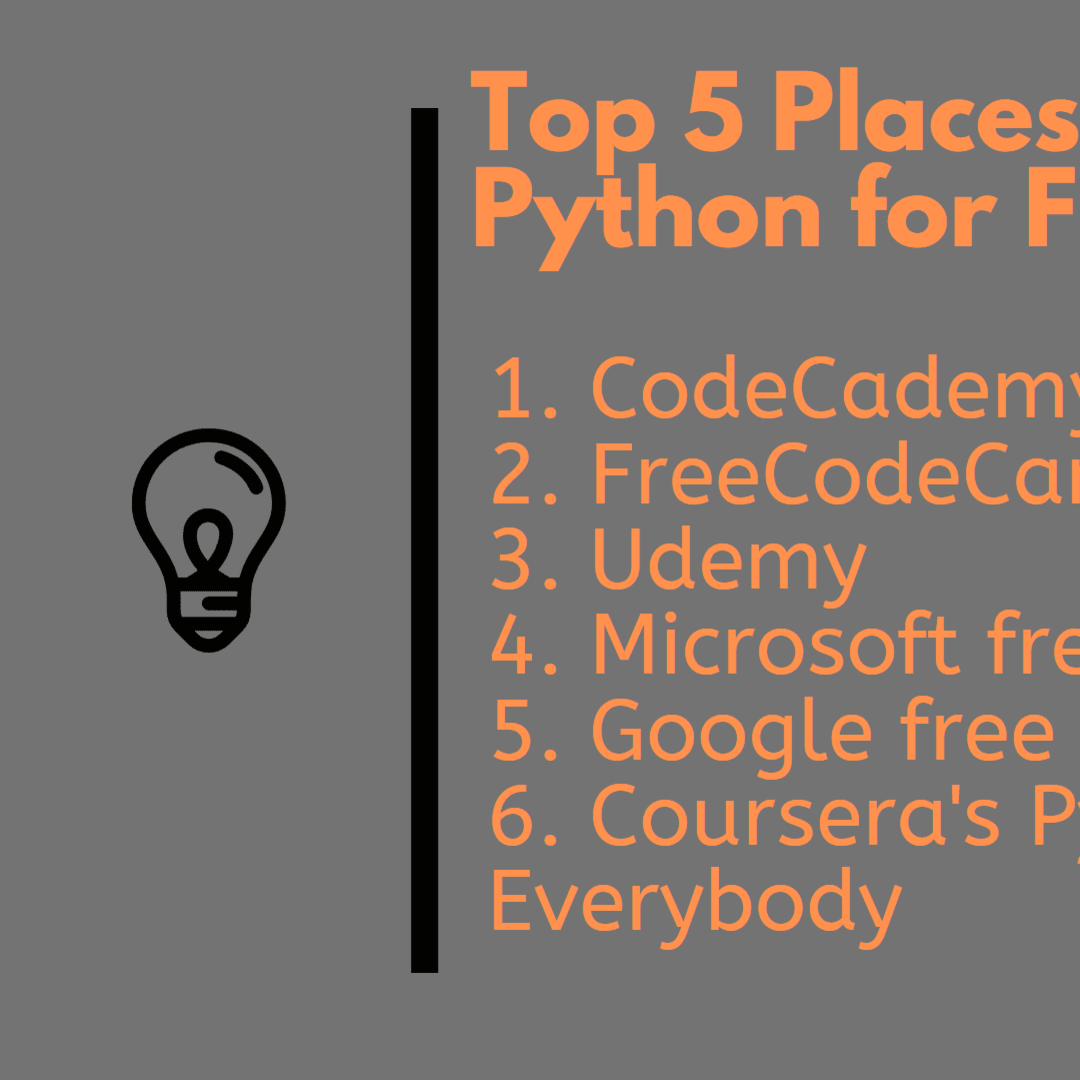
Learning Python without spending a fortune is definitely possible! Here's a comprehensive guide on the best ways to learn Python for free:
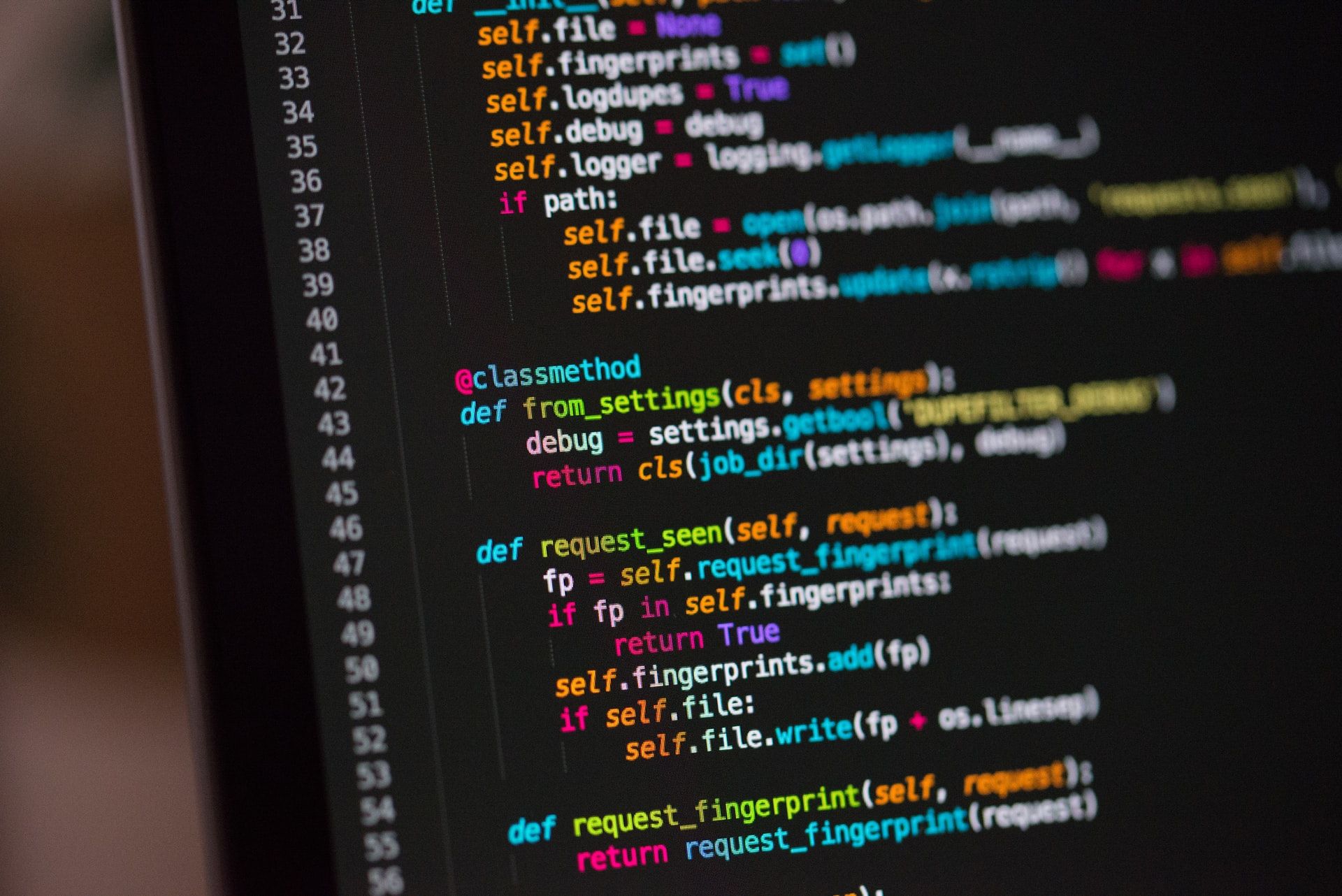
Online Courses:
Codecademy's Python Course: Codecademy offers an interactive and hands-on Python course that covers the basics, data structures, and file input/output. Python.org's Official Tutorial: The official Python website has a comprehensive tutorial that covers the language fundamentals, including variables, control structures, functions, and more. Google's Python Class: Google offers a free online class on Python programming, covering topics like syntax, data types, and modules.Tutorials and Guides:
W3Schools' Python Tutorial: W3Schools provides an easy-to-follow Python tutorial with examples, covering basic syntax to advanced concepts. FreeCodeCamp's Python Guide: FreeCodeCamp offers a step-by-step guide on Python programming, focusing on practical applications and real-world scenarios.Books:
"Python Crash Course" by Eric Matthes: This free eBook is an excellent resource for beginners, covering the basics of Python programming.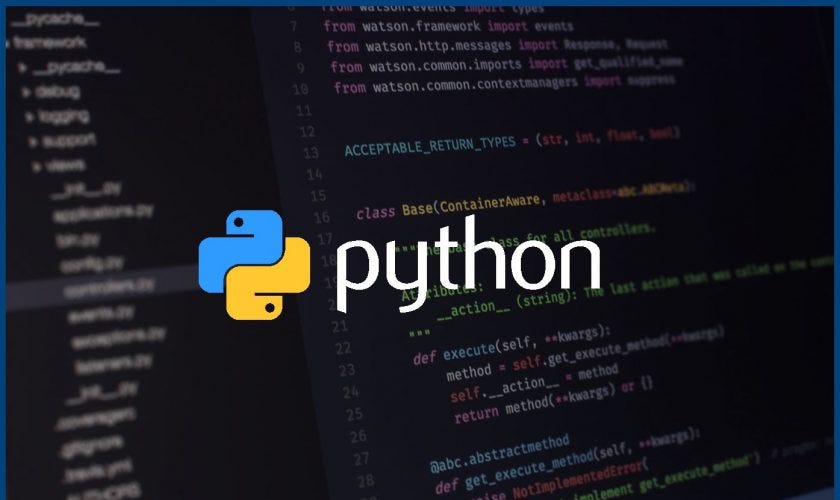
Communities and Forums:
Reddit's r/learnpython: Engage with other learners, share resources, and get feedback on your projects. Stack Overflow's Python Tag: Ask questions, get answers, and participate in discussions about Python programming.Practice and Projects:
TryPython.org: This website offers a variety of exercises, quizzes, and games to help you practice Python coding. Kaggle's Python Tutorials: Kaggle provides hands-on projects on machine learning, data analysis, and more, using Python as the primary language.Miscellaneous:
YouTube Channels: Channels like Corey Schafer (Python Programming), freeCodeCamp, and Traversy Media offer engaging video tutorials and explanations. Podcasts: Listen to podcasts like "Talk Python To Me" or "The Python Podcast" for insights from experienced developers and industry experts.Remember, learning a programming language takes time, patience, and practice. Focus on building projects, experimenting with code, and asking for help when needed. Good luck, and happy coding!

